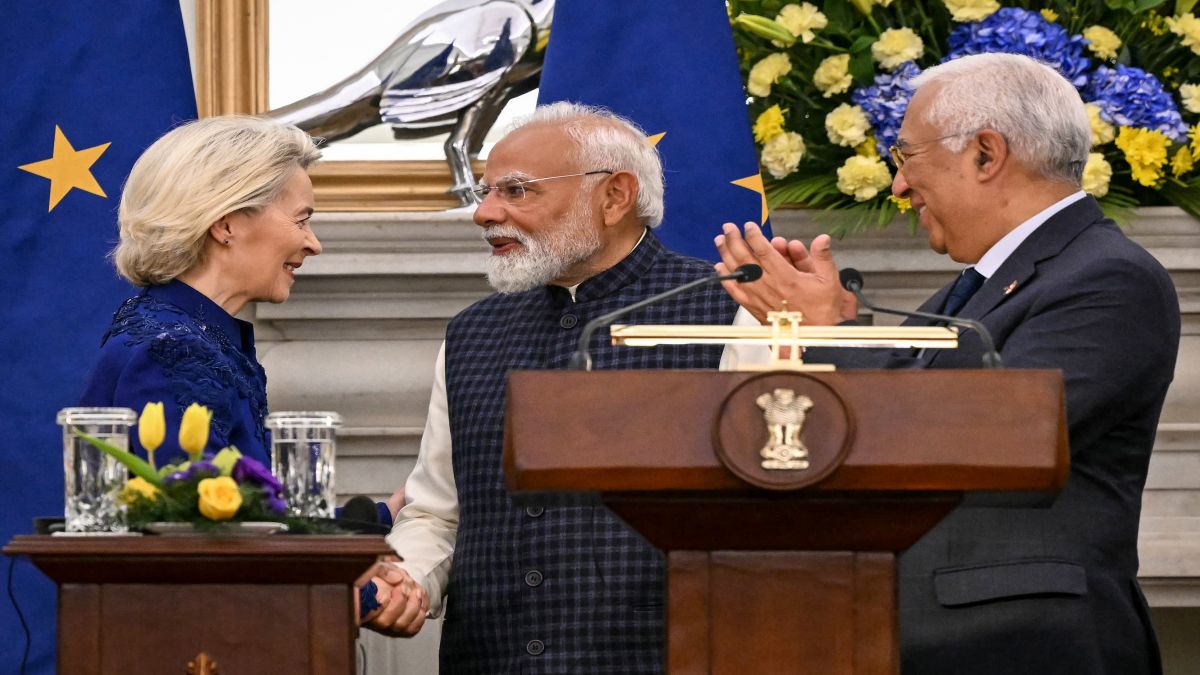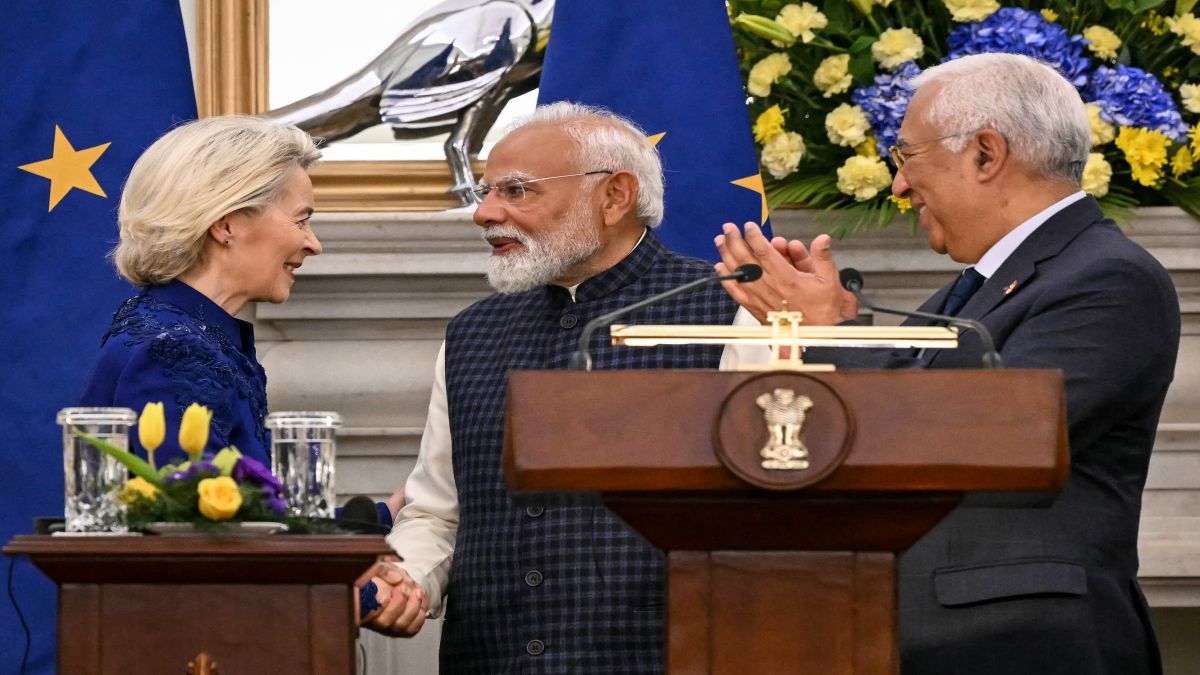On 23 August, Ankita Singh, a resident of Jharkhand’s Dumka, complained to her father about a man stalking her and harassing her and then fell asleep. She woke up hours later feeling a wet sensation and a burning odour.
The Class XII student then realised that she was on fire and that her alleged stalker, identified as Shahrukh Hussain, had set her on flames. Five days later, on 28 August, Ankita, lovingly called Chhoti by her family, died owing to her burn injuries.
However, before breathing her last, she recounted to the police how Shahrukh continuously harassed her. In her dying statement to the magistrate, Ankita said that he had called her on her mobile around 10 days ago, pestering her to become his friend.
“He called me again around 8 pm on Monday (22 August) and told me that he would kill me if I did not talk to him. I informed my father about the threat, after which he assured me that he would talk to the man’s family on Tuesday,” said Ankita.
“After having our dinner, we went to sleep. I was sleeping in another room. On Tuesday morning, I experienced a sensation of pain on my back and could smell something burning. I found him running away when I opened my eyes. I started screaming in pain and went to my father’s room. My parents doused the fire and took me to the hospital,” she added.
Also read: Crimes against women rose 15.3% in 2021, Delhi most unsafe: Key takeaways of NCRB report
Following the heinous crime, the police arrested 23-year-old Shahrukh and his accomplice Naeem alias Chhotu Khan. What is even more troubling is that when Shahrukh was arrested he was seen in videos as smirking, displaying little guilt for his atrocious act.
Quick Reads
View Allयह नरभक्षी,दानव कैसे मुस्करा रहा है जैसे कोई मेडल जीत कर लाया हो,इसने झारखंड दुमका की एक लड़की को ज़िंदा जलाने का गुनाह किया है।
— Yogita Bhayana योगिता भयाना (@yogitabhayana) August 29, 2022
इस दरिंदें को फांसी कब होगी ??#JusticeForAnkita pic.twitter.com/PwafwXKKuB
The incident has once again put the spotlight on stalking in India and how dangerous it can get. Let’s take a closer look.
Stalking explained
Merriam Webster’s dictionary defines stalking as an act of pursuing someone obsessively and aggressively to the point of harassment.
The behaviour of stalking includes repeatedly following a person or watching them, attempting to secure personal interaction or attention, spying and monitoring. This has the effect of threatening the victim’s security and privacy. This is perpetuated physically and also through continuous attempts of electronic communications or attempting to monitor through any other online mode. In the long run, it can cause mental distress, trauma and anxiety to the person being stalked.
Before 2012, India had no laws pertaining to stalking. However, after the brutal rape and murder case of 16 December 2012, stalking was made a “bailable offence”. Under the Criminal Law (Amendment) Act, 2013, stalking was made a punishable offence under Section 354D of the Indian Penal Code, with imprisonment of up to three years for first-time offenders and of five years in case of a repeated offence.
Even though stalking has been made a crime today, there are loopholes in the Act. One of the biggest issues with the law is that it defines stalking as an act perpetrated only by men. It presumes that women do not indulge in the crime.
Another issue with the law is that the first offence of stalking is “bailable”, which means that the accused doesn’t need to be produced before a court for bail and can walk away from the police station itself.
Rise of stalking cases in India
Stalking has been rampant in India. Many attribute the rise in this crime to the lax attitude towards it, with many just tagging it as ‘peecha karna’ (follow someone).
The number of stalking cases reported has been increasing — from 4,699 reported in 2014, to 6,266 in 2015, 7,190 in 2016 and 8,145 in 2017. In 2018, 9,438 cases of stalking — one every 55 minutes, on average — were reported in India, as per the National Crime Records Bureau report released in January.
In 2021, the number of stalking cases recorded across the country has been pegged at 9,285 — 0.3 per cent share of the total IPC crimes in the country.
With 2,131, Maharashtra has recorded the most number of stalking cases in 2021. This was followed by Andhra Pradesh with 1,185 cases and Madhya Pradesh with 1,072 incidents. Delhi had a total of 271 stalking cases registered in the past year.
However, activists believe that the cases are being underreported. In fact, only one in 13 cases of sexual harassment in Delhi and one in nine in Mumbai were reported to the police, said a 2015 study conducted by Commonweath Human Rights Initiative (CHRI).
“There are certain perceptions about stalking cases — they are not taken seriously by the society or by the police,” Ranjana Kumari, director at the Centre for Social Research, an advocacy for women’s rights based in New Delhi, was quoted as telling India Spend on the matter. “Hence, it is not easy for women to go and report these cases. There is a lot of hesitancy involved [in reporting].”
These perceptions are further reinforced in popular culture, especially movies where romantic relationships often begin with stalking, added Kumari.
Other stalking cases that shocked India
In the past, stalking cases have grabbed headlines. In June 2016, S Swathi, a 24-year-old Infosys employee, was stabbed to death with a sickle in front of several people at Chennai’s Nungambakkam railway station by her stalker P Ramkumar.
Another case that comes to mind is that of Varnika Kundu in Chandigarh. On 5 August 2017, Varnika, daughter of a Haryana-cadre IAS officer, Virendra Kundu, complained to police that the two men followed her car in their Tata Safari from Sector 7 in Chandigarh to the Housing Board light point. She had alleged that the duo tapped on her car’s windowpane and even tried to open its door.
However, as she had already called up the police, cops reached there just in time and nabbed the accused, who were allegedly drunk. It was later revealed that one of the accused, Vikas Barala, was the son of the Haryana BJP chief.
In March 2019, 20-year-old Kavitha Vijayakumar breathed her last after sustaining 65 per cent burns at the hands of 18-year-old Ajin Reji Mathew. She was on her way to college in Kerala’s Ranni, Pathanamthitta, when the accused Ajin followed her, doused her in petrol and set her ablaze.
A month later, a man named Nitheesh, 32, set ablaze and killed Neethu, a 21-year-old engineering student, in Thrissur district of Kerala.
Both incidents had taken place because the women had exercised their right to say ‘no’ to the men who approached them.
Several reports had stated that the crimes were perpetrated by ‘jilted lovers’. However, as the News Minute explains this is an attempt to rationalise or even extenuate the seriousness of the crime committed.
One of India’s most famous stalking case was that of Priyadarshini Mattoo in 1996. A young law student, Mattoo was raped and murdered at her Delhi Vasant Kunj home by her stalker Santosh Singh, a son of a former IPS officer.
Investigations had shown that Mattoo had complained about Singh’s stalking to the police, but no action was taken. He was later acquitted by the CBI court in 1999 in the matter. However, the high court overruled the decision and awarded him the death sentence. In December 2010, the Supreme Court commuted the sentence to life imprisonment.
With inputs from agencies
Read all the Latest News, Trending News, Cricket News, Bollywood News,
India News and Entertainment News here. Follow us on
Facebook,
Twitter and
Instagram.


)

)
)
)
)
)
)
)
)



